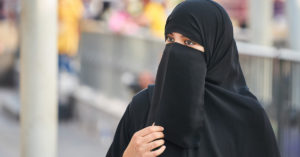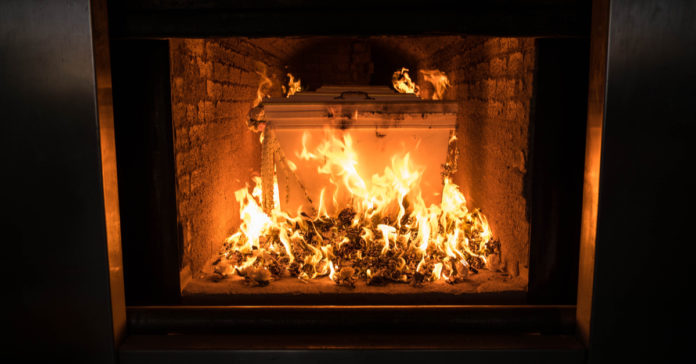The Sri Lankan government has officially lifted a ban on the burial of bodies of people whose deaths were caused by COVID-19.
The ban was lifted on Friday with the publication of a gazette and after months of protests by Muslim groups as well as international pressure.
In March last year the government imposed regulations that said the bodies of COVID-19 victims could only be cremated. The rules banned burial, saying the virus could spread by contaminating groundwater.
On Wednesday, Muslim parliamentarians urged Pakistani Prime Minister Imran Khan who was visiting the country to take up the issue with the Sri Lankan political leaders.
In response to the policy change, Khan thanked his Sri Lankan counterparts. “I… welcome the Sri Lankan govt’s official notification allowing the burial option for those dying of Covid 19,” he said on Twitter.
After the Organisation of Islamic Cooperation raised the forced cremation policy at the UN Human Rights Council in Geneva this week, the chairperson of the Office of the High Commissioner for Human Rights, Michelle Bachelet, said: “The policy of forced cremation of COVID-19 victims has caused pain and distress to the minority Muslim and Christian communities.”

The World Health Organization and Sri Lankan doctors’ groups say COVID-19 victims can either be buried or cremated.
Subscribe to our newsletter and stay updated on the latest news and updates from around the Muslim world!
Muslim community leaders say more than half the country’s 459 COVID-19 victims were from the Muslim minority. They attribute the disproportionate number of fatalities to a fear of seeking treatment, and in particular, to the fear of being cremated should they die of the disease.
Meanwhile, a proposal has been submitted to the Cabinet to ban the burqa in public places due to “security reasons.”
But Minister Ali Sabry reiterated that he will not permit any changes to the laws pertaining to Buddhism in the country under his tenure.
Responding to the Sri Lankan authorities’ decision to end the practice of forced cremations, Yamini Mishra, Amnesty International’s Asia-Pacific Director, said: “This is a long overdue but welcome move by the Sri Lankan authorities. Forced cremations, which should never have been carried out in the first place, have denied the Muslim community the right to say goodbye to loved ones in accordance with their religious beliefs.
“The ending of this cruel practice, which has not been scientifically proven to prevent the spread of the virus, allows Sri Lanka’s Muslim minority a dignified burial in line with Islamic burial rites. The decision is a testament to the tireless struggle of families of victims, activists, and members of the Muslim community.
“We are, however, concerned by media reports of a proposal before the Cabinet of Ministers to ban face veils. It is essential that one type of religious discrimination is not simply replaced with another. We urge the Sri Lankan authorities to reject this regressive step, which would only serve to stigmatise and marginalise Muslim women.”


















